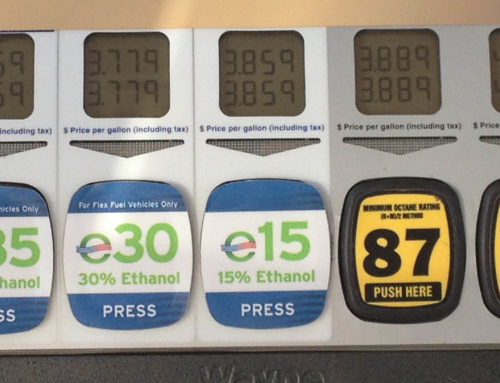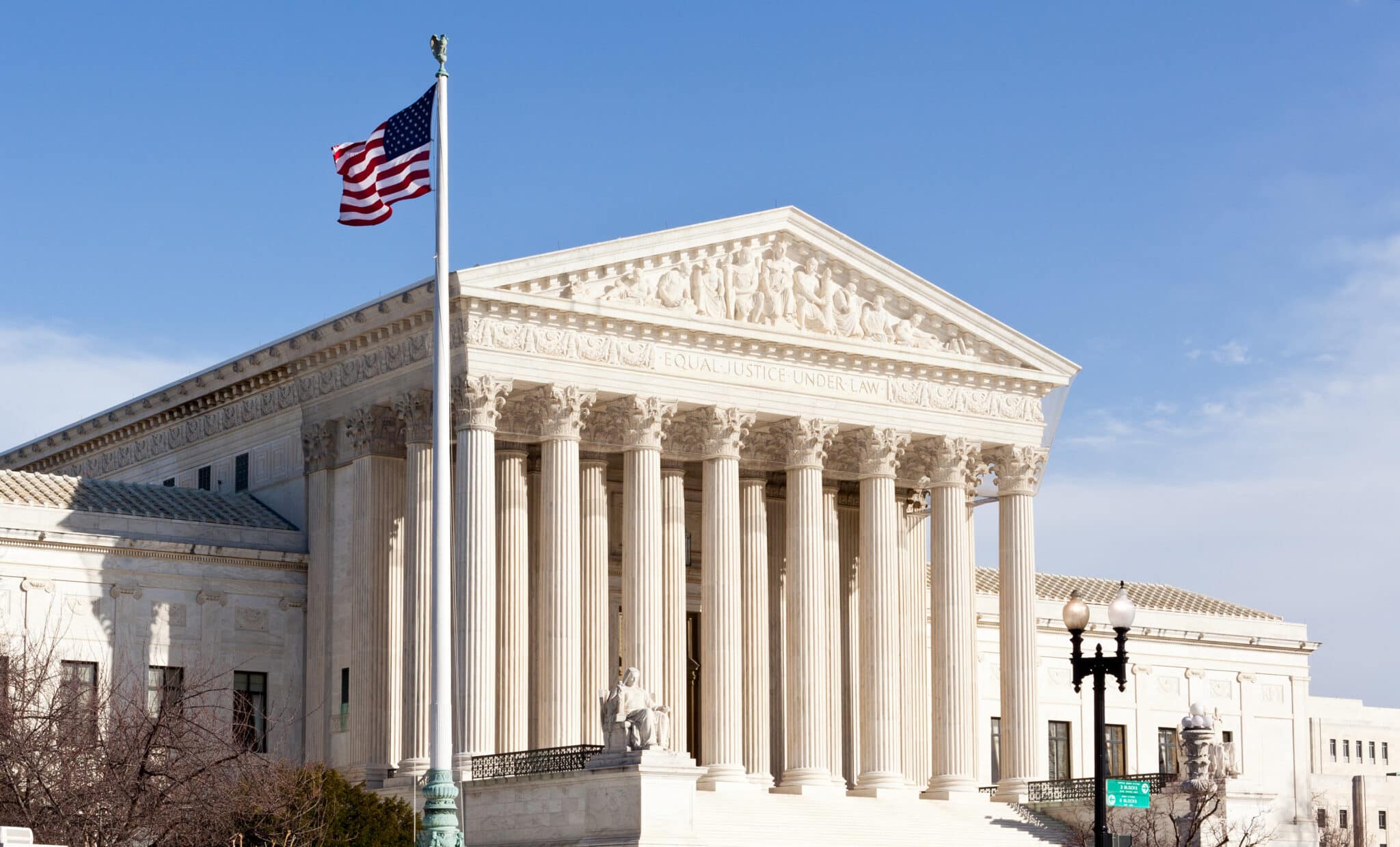Three weeks since their marathon session to enact the president’s one big beautiful bill, the full tab of this legislative binge is coming into focus. It turns out that late-night Rules Committee hearings, all-you-can-debate vote-a-ramas, and last-minute bill changes make things a bit muddled. With a handful of aspirin to help read the bill in the light of day, we’re all starting to get a fuller understanding of what’s actually now law. Unfortunately, much of it will leave taxpayers with a fiscal headache.
This is truly one big budget binge. The final score released by the Congressional Budget Office (CBO) finds the massive tax cut and spending bill will increase federal deficits. Serving up new special interest tax breaks while ordering another round of President Trump’s 2017 tax cuts reduces federal revenues by $4.5 trillion. Lawmakers come nowhere close to cutting spending fat to offset this outpouring of revenue; plating up just $1 trillion in net spending reductions. When including the fiscal equivalent of a service fee (new interest payments on the new debt), the deets of this official $3.5 trillion receipt is likely to balloon to close to $4 trillion.
No worries, the Senate proudly declares this feast actually saves taxpayers $366 billion. This is because the Senate resorts to the budgetary delirium of using a current policy baseline. By ignoring the cost of extending the soon-to-be-expired 2017 tax law, the Senate decided it could afford new tax breaks. Tax deduction for tips, for overtime, new car loan interest, increased deduction for seniors? Anything the president promised on the campaign trail, just put it on the house (future taxpayers).
While reconciliation is supposed to trim excess, this bill actually increases spending where Republicans traditionally thirst for cash. A buffet of farm subsidy programs sees a $67 billion increase. Lawmakers tap the Treasury for a $156 billion boost for the Pentagon—including $29 billion for the shipbuilding industry, $24 billion for Golden Dome, and $14 billion for nuclear weapons. There’s also a massive increase for Border Security and $10 billion for Artemis/Mission to Mars. Seemingly every Republican spending priority gets served.
Like many a bartender before them, lawmakers saved the most generous pours for themselves. Alaska’s cup especially runneth over; getting an extra two-year delay in having to cover a portion of benefits in the Supplemental Nutrition Assistance Program (SNAP) and a possible waiver of enhanced work requirements for people seeking SNAP, also for two years. Alaska lawmakers also scored themselves a larger pour of revenues from oil and gas development in the state; whereas most leasing revenue is split 50/50 with the federal government, Alaska sees a 70/30 distribution from development in the National Petroleum Reserve, Arctic National Wildlife Refuge (ANWR), and Cook Inlet starting in FY2034. Senators from rural states secured a $50 billion fund to soften the fiscal blow that the limits on state-imposed taxes and other reforms will impose on state coffers.
But just as they were unwilling to cover the cost of extending the Trump tax cuts, lawmakers very well may dine and dash when the true cost of this bill comes due. Taxpayers utilizing these new tax breaks mostly face a last call in 2028. But what’s to stop lawmakers from employing the current policy baseline parlor trick to keep the good times flowing? Nothing.
The bill includes overly rosy assumptions of new revenue from royalties and lease sales—a throwback to the comically-off estimates from ANWR lease sales mandated in the 2018 reconciliation bill—and lost revenue from expanded tax credits. The CBO estimates a new deduction for intangible drilling costs will slurp up $427 million over the next decade, but the Joint Committee on Taxation (JCT) previously scored an identical provision at $1.1 billion. CBO also assumes the massive increase in farm subsidies will satiate the farm lobby’s thirst for tax dollars leading to a $3.5 billion reduction in future spending from the Secretary of Agriculture’s CCC Charter Act authority. But with no language requiring the Secretary put a cork in the Charter Act slush fund, that restraint is unlikely to occur.
In fact, lawmakers may even undo many of these pay-fors before they occur. The SNAP provisions don’t take effect until 2028, or even as late as 2030 for some of the biggest states. Medicaid’s biggest reforms face a similar delayed implementation. Work requirements could very well be waived or eliminated if they hit during a recession, under a new administration, or because Congress can’t stomach the political tumult. Royalty revenue assumptions never pan out. And they’re already trying to undo some provisions. The ink wasn’t dry on the bill before Sen. Hawley (R-MO) introduced his bill to undo many of the cuts to Medicaid and increase the cost of the rural hospital fund to $100 billion.
Look, we all make mistakes. When you’re vibing with your pals, imbibing on the taxpayers’ dime, it’s easy to get carried away. But with nearly $37 trillion in debt, we can’t afford lawmakers to spend like drunken Senators. It’s time to admit we have a fiscal problem, and we need to start cleaning up this mess.
- Photo by Chandra Oh on Unsplash










